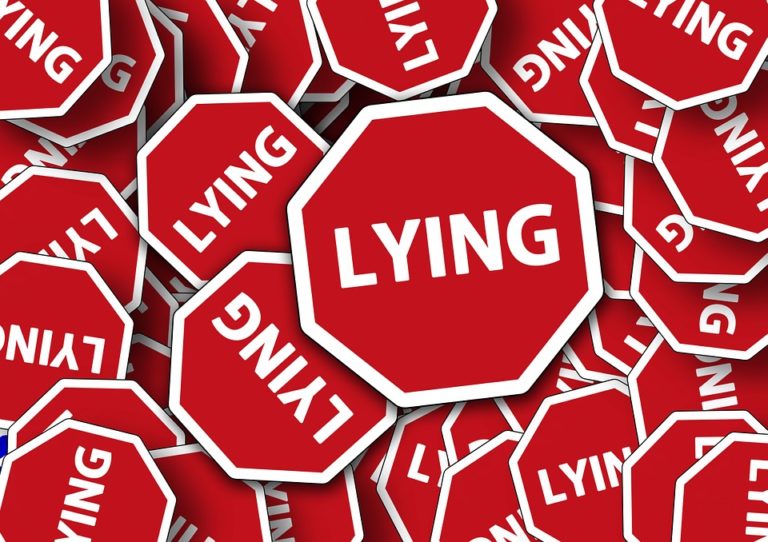What is Deferred Prosecution?
Deferred prosecution can be one of the better case outcomes either at the federal or state level, depending on what you’ve been accused of, how much evidence the prosecution has, and what your alternatives are.
Under a deferred prosecution agreement, the prosecutor agrees not to pursue a conviction if you will agree to certain conditions. These could include probation, community service, and promises not to break the law.
In addition, unless you plead guilty as a condition of the deal, this event cannot be used against you in future cases or go on your criminal record, since you were never found guilty in a court of law. Of course, you will want to be very careful as you consider the terms of said agreement to see if it will require such a plea, which essentially turns it into a plea bargain.
A DPA will always involve consequences. There is always some sort of concession involved.
For example, Representative Cody Henson of North Carolina received such an agreement in regards to domestic violence charges. He agreed to attend abuse counseling, a mental health evaluation, and a substance misuse assessment. He also went on probation, during which time he is not allowed access to firearms, and must abide by a protective order his ex has obtained against him.
A prosecutor may choose to offer such an agreement for a number of reasons. Here in New York, at the state level, it’s often because the prosecutor thinks you did it but doesn’t have enough evidence to convict. They’re often more amenable to such agreements if you don’t have an existing criminal history, and if the crime is a misdemeanor.
At the federal level they’re often used in cases of corporate corruption. For example, in 2012 Blackwater (now Academi) received one such agreement after the FBI uncovered arms trafficking operations the company was involved with.
Currently, DPAs are also on offer by the DoJ’s antitrust division, who is incentivising them in return not only for reporting antitrust activity, but for putting “robust” compliance programs in place.
Often, in these cases the members of corporate leadership are people who might otherwise be sent to jail. And in many cases, these agreements include provisions that these parties will fully cooperate with the rest of the investigation, in which other parties or companies can be implicated.
Whether working out a deferred prosecution agreement is a good idea in your case, or even possible, will of course depend on the facts and your unique situation. But if you’re in trouble and hope to pursue such an agreement, you’ve come to the right place. Call Koch Law to set up a consultation today.
See also:
Types of Immunity in a Federal Case
7 Signs You’re Under Federal Criminal Investigation






